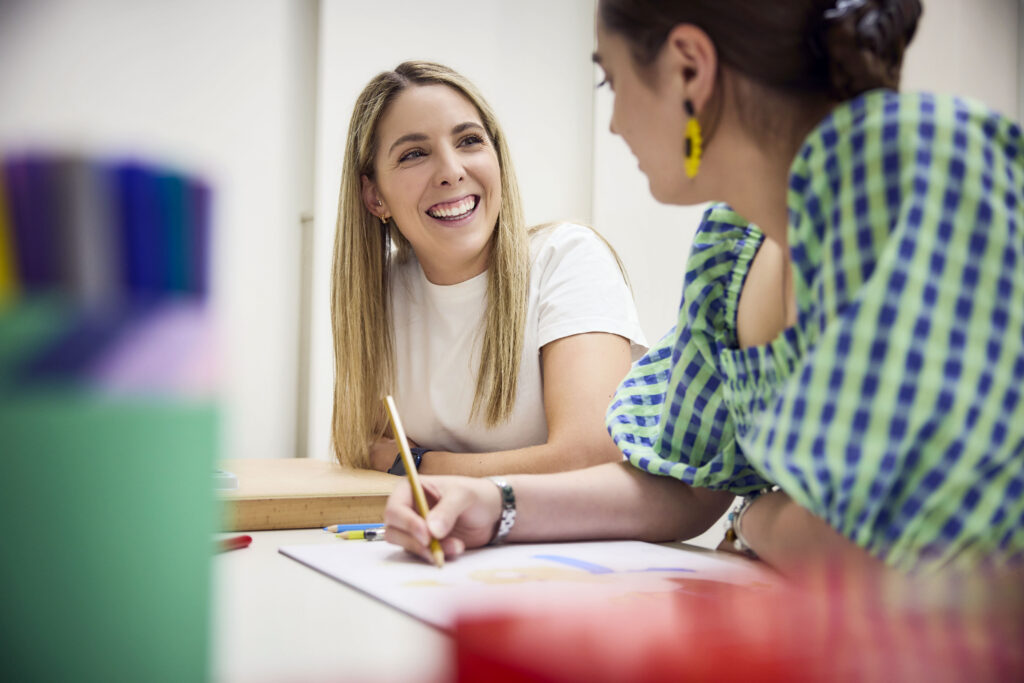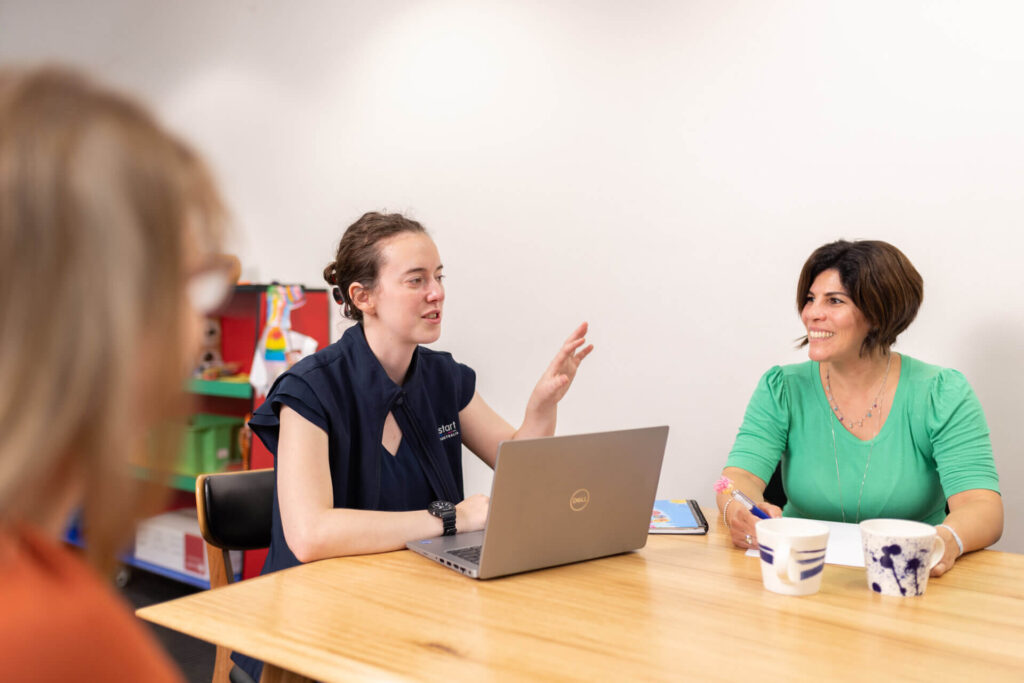Five things your child should know before starting school
By Dr Nicole Grant
It is that time of year again when many parents of pre-schoolers are preparing themselves and their little ones for school.
It can be a time of trepidation, fear and excitement in equal measures for all involved.
For first time parents there is so much to think about.
The move from childcare, kindy or preschool is enormous.
All of a sudden, your child goes from knowing everyone, to suddenly knowing only a handful of children, or worse – no one.
Their routine (and yours) will change dramatically and they will be expected to follow school rules and comply and adhere to the status quo.
For our free-spirited children, this can all be a huge ask.
Furthermore, many parents worry if their child is truly ready.
Are they ready to learn and is academic success within their reach?
In my occupational therapy clinical practice, I often see children whose parents are concerned that at the age of four, their son or daughter is still using a cylindrical grasp or writing the letter C backwards.
They worry that their child is going to struggle once school begins.
These are common fears.
However, you may be surprised to know that academic success depends upon far more than being able to recite and write the alphabet.
Before children are ready to learn, there are a few other skills they need to master first.
The skills I most value for school readiness, are not necessarily related to academic performance.
For a child to be ready to learn, they need to be confident and relaxed, mentally prepared and comfortable.
So how do we ensure our child is in the right frame of mind and able to independently achieve things on a day to day basis?
Below are the five skills I believe your child should know before starting school.

The five skills your child should know before starting school
1. Can they go to the toilet by themselves?
Your child may have been toilet trained for years, but that’s not what I mean.
Starting school often means having a uniform to wear with zips, buttons or other fasteners to contend with.
If your child is not confident with independently adjusting their clothing, they may hold on all day (which is very uncomfortable) or even have an accident.
An anxious or uncomfortable child does not make for a happy learner.
2. Can they open and close a lunchbox lid, open food packets, yoghurt lids or open a popper straw?
At pre-school, your child will probably have ready access to an attentive grown-up to help them access their food.
At school, the ratios are much higher, meaning that they may not get the help they need.
They may also be afraid to ask.
If your child struggles with opening their lunch, they may take longer to eat it or avoid eating altogether.
A hungry or upset child is not going to be in the right frame of mind for schoolwork.
3. Can your child ask for help?
Yelling for Mum at home from down the hallway is very different to asking for help in class.
Children can be shy or unsure when it is ok to ask for help.
Make sure your child knows the rules, whether it be raising a hand or going to the teacher’s desk.
A child who is afraid to ask for help or unsure of how to go about it, may miss an opportunity to clarify information or check if they are on the right track.
4. Can your child wait?
At school, your child will be vying for the teacher’s attention along with 25 other children.
A child that has not learned to wait will quickly grow impatient and will be easily frustrated.
They will need to wait in line, wait for lunch, wait to use the bathroom, wait their turn for the monkey bars… the list goes on.
Being impulsive or cutting in will not go down well with the teacher or your child’s fellow classmates.
5. Can your child sit still for at least 20 minutes?
Academic success requires good attention and concentration.
A fidgety child or a child who is easily bored will struggle to sit long enough in class to pay attention and complete their school work.
When starting school, it is far more important that your child has mastered the five skills mentioned above.
Pencil grasp, remembering letters and numbers, knowing the days of the week and colouring in the lines will usually all come with time.
If your child is struggling with any of these things, now is a good time to think about how you can help them to develop these skills.
If you are not sure how to go about it, an occupational therapist can help.











